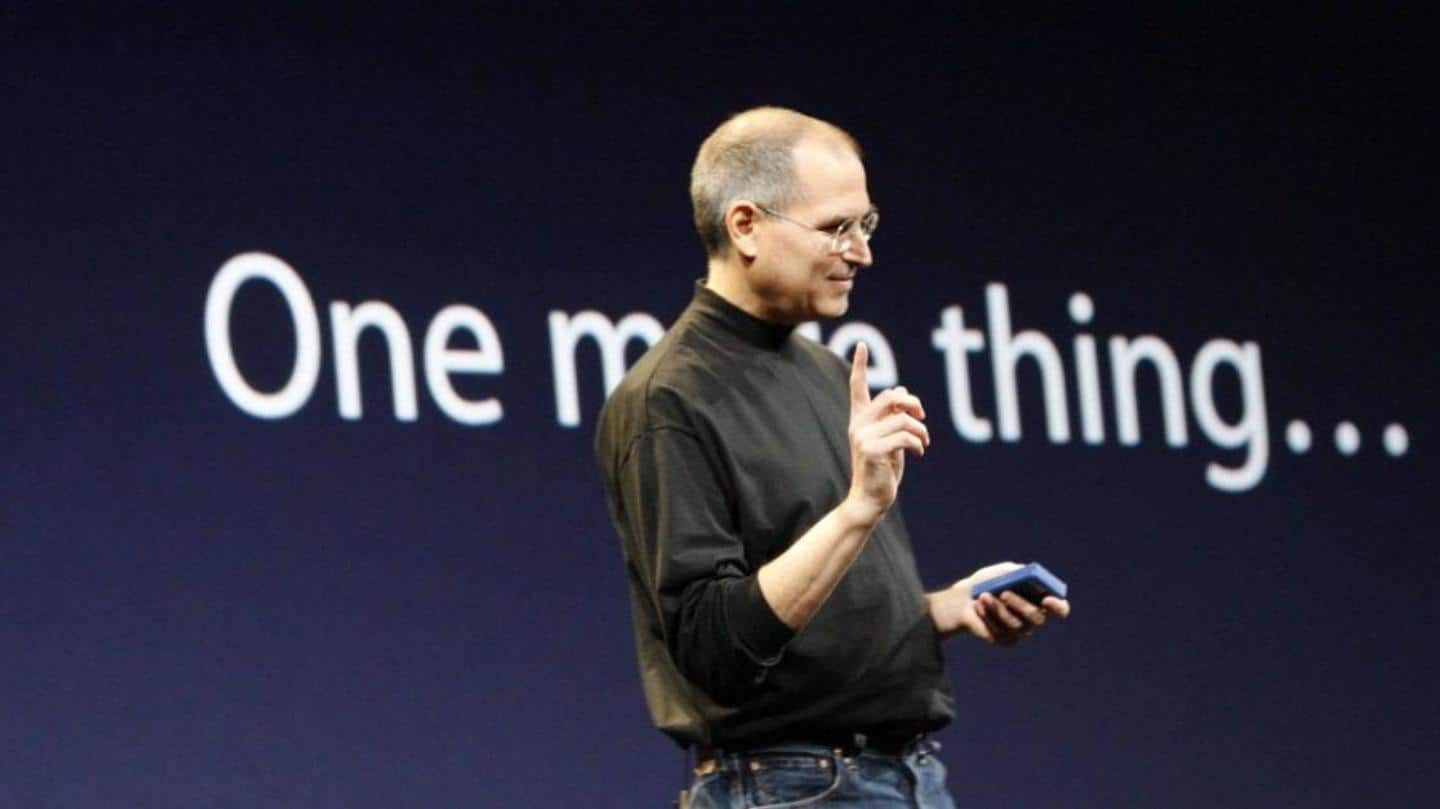
Apple loses Steve Jobs' trademark catchphrase to Swatch
What's the story
A London court recently ruled that Apple Inc. could not keep Swiss watchmaker Swatch from using the phrase "one more thing" as its own trademark.
Apple co-founder Steve Jobs often used the phrase at the end of keynote addresses before unveiling a new product.
The judge overturned a previous ruling, despite noting that it was probably an attempt to "annoy" the iPhone maker.
Harmless parody
Judge says Apple fails to quantify parody concerns
Apple's lawyers argued that Swatch's intention to trademark the phrase as its own was in "bad faith" and sought to parody Apple.
However, the judge said Apple came up empty when asked to produce examples of any potentially harmful parodies.
Judge Iain Purvis also noted in the ruling that the phrase in question probably originated with the fictional American television detective series Columbo.
Watch wars
Swatch continues to mock apple in a long-standing feud
The ruling is the latest in a long-drawn feud over naming watches since 2015 when Swatch objected to Apple calling its product the "iWatch" on grounds that it was similar to one of its own brands.
In 2019, Apple lost a suit to keep the slogan "Tick Different" out of Swatch's marketing campaign, decrying its similarity to Apple's "Think Different" ad campaign.
Market share
Apple's smartwatch spells trouble for Swiss watchmakers
Interestingly, Apple not only has a stranglehold on the smartwatch segment but also poses a threat to the traditional watch-making industry.
In 2019, Apple sold more watches than the entire Swiss watch industry, capturing a huge slice of the Swiss market.
However, while Apple's heavy volumes may be unnerving for mid-range watchmakers, high-end luxury watchmakers rely on loftier margins to stay alive.
Legal woes
Apple has a history with trademarks and patents
Apple has historically been quite proactive in protecting its trademarks, having sued a small company over its pear-shaped logo, which the iPhone maker claimed bore close resemblance to its own.
To add to the iPhone maker's litany of legal woes, a Texas Court ordered it to pay Personalized Media Communications a whopping $308.5 million last week for allegedly violating a digital rights patent.